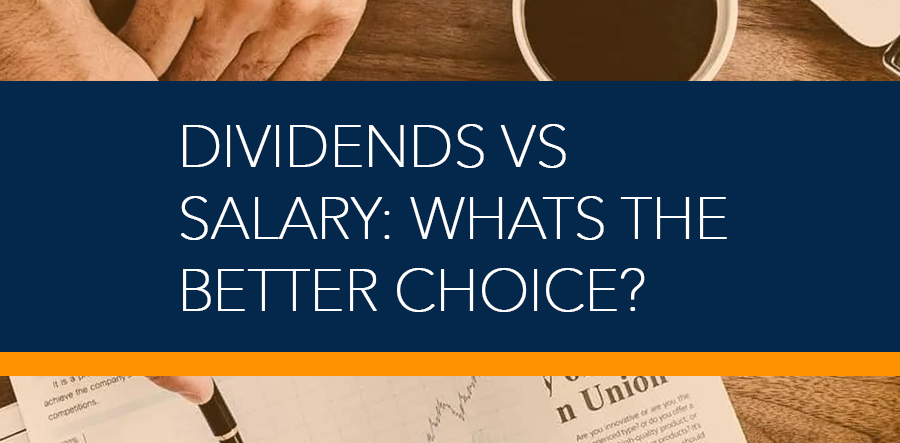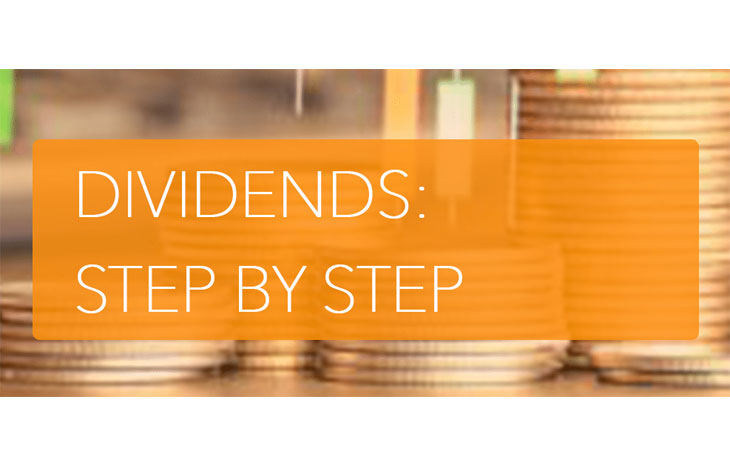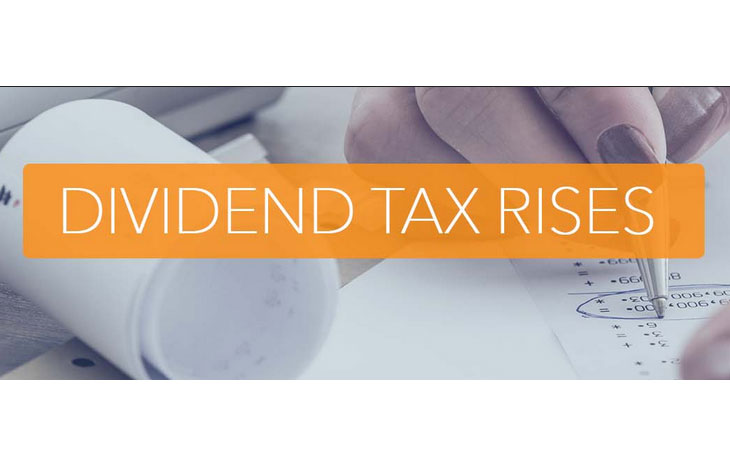Dividends vs Salary: Which is the better choice for company directors? Dividends vs Salary is a common question we get from company directors and limited companies. As a business owner, your business
Dividends - Robinsons London
- Here!
- Home Category: Dividends
The prime minister announced on 9th Sept 2021 a 1.25% Dividend Tax rise from 6 April 2022, and a rise in National Insurance Contributions (NICs) by way of a new Health and Social
Tax diary: All the main tax events for March / April 2018 Welcome to this month’s Tax Diary, providing you with all the main tax events for the next couple of months
How to extract profit from companies in a tax efficient manner for 2018/19 The new tax year means that many directors of companies will be considering the most tax efficient method of paying themselves.
The rules for taxing dividends changed radically from 6 April 2016 with the removal of the 10% notional tax credit and the introduction of new rates of tax on dividends. For many
HM Revenue and Customs have acknowledged that their software and some commercial software used by accountants doesn’t always come up with the right amount of tax payable! You may have seen this
The £5,000 dividend and savings allowance of up to £1,000 have been with us since 6 April 2016. There are now two further allowances available since 6 April 2017. There are concerns
Ever since the introduction of the 7.5% increase in the rate of tax on dividends in April 2016, it has been more tax efficient for owner managed business shareholders to pay interest
The introduction of the £5,000 tax free dividend allowance has tempted many family company shareholders to give shares to other family members so that they can be paid £5,000 a year tax
- 1
- 2














